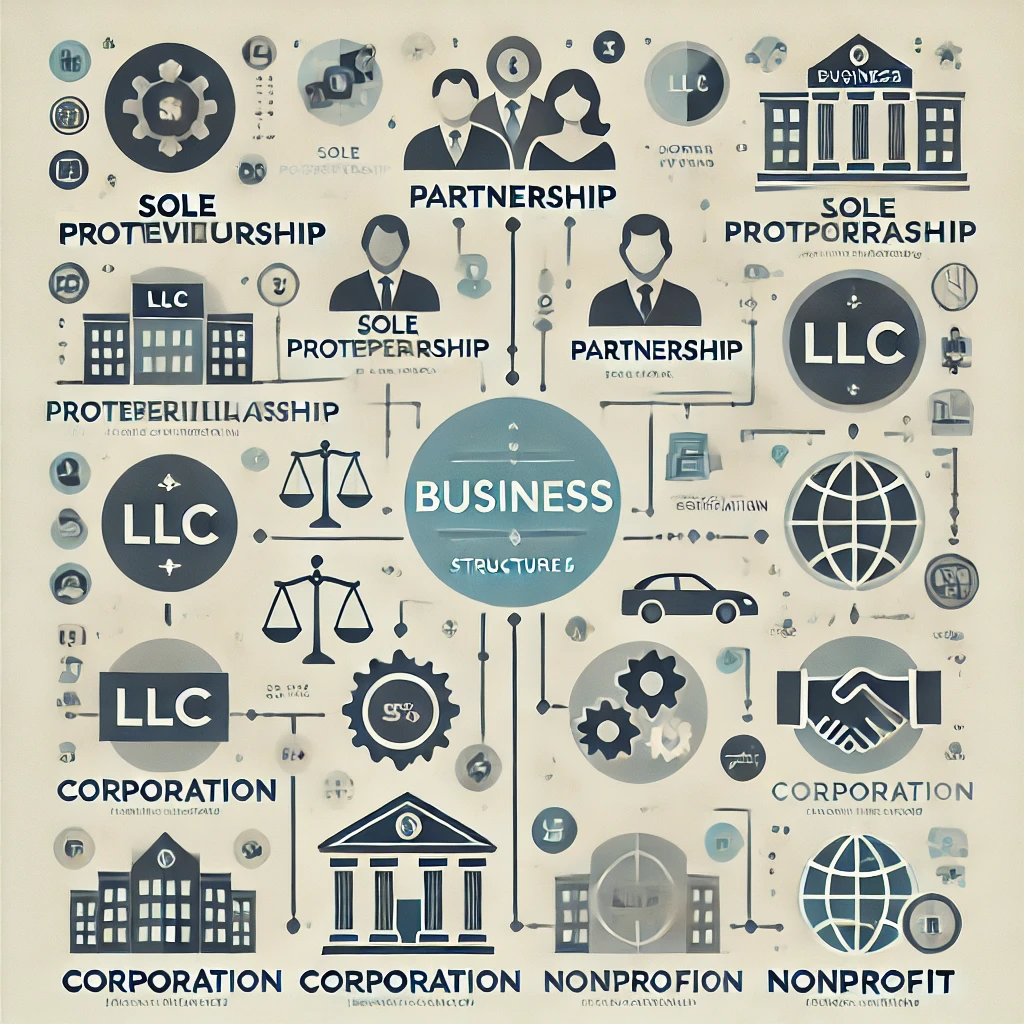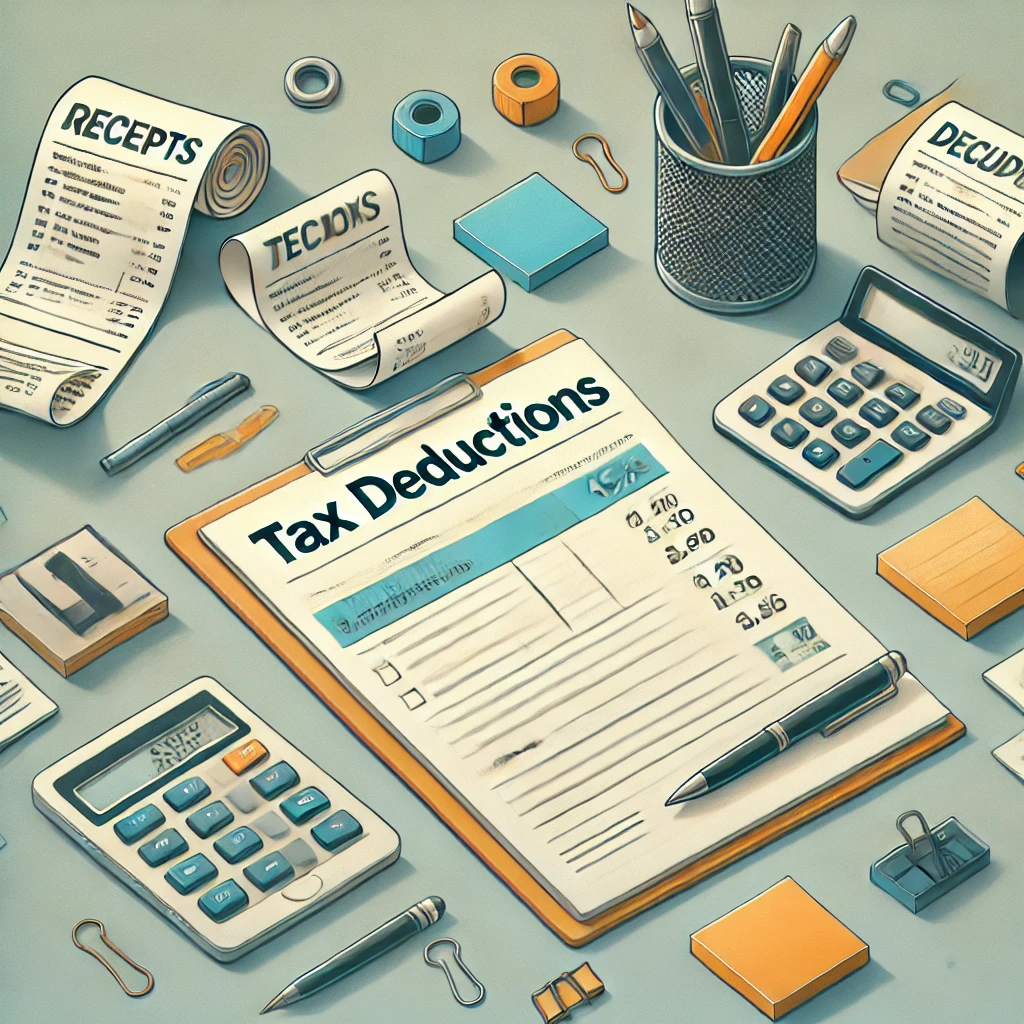Types of Business Taxes
Businesses are subject to various types of taxes depending on their activities and structure. Here are some of the common business taxes you should be aware of:

- Income Tax: This is the tax on the profit earned by your business. The rate varies depending on the business structure.
- Sales Tax: If you sell goods or taxable services, you may need to collect sales tax from your customers and remit it to the government.
- Payroll Tax: If you have employees, you'll be responsible for withholding payroll taxes from their wages, as well as paying employer contributions.
- Self-Employment Tax: For self-employed individuals, this tax covers Social Security and Medicare contributions.
Business Structures and Their Tax Rates
The structure of your business will significantly impact your tax obligations. Here’s how different business structures are taxed:
- Sole Proprietorship: Profits are taxed as personal income, and the owner must pay self-employment taxes.
- Partnership: Partners report their share of the business income on their personal tax returns, and each partner pays taxes on their share.
- Limited Liability Company (LLC): LLCs can be taxed as a sole proprietorship, partnership, or corporation, depending on the elections made by the owners.
- Corporation: Corporations are subject to corporate income tax. Owners (shareholders) may also pay taxes on dividends received.
Calculating Your Taxable Income
To determine how much tax you owe, you need to calculate your taxable income. Here’s how:
- Total Revenue: Start by adding up all the income your business earned during the year.
- Deductible Expenses: Subtract allowable business expenses such as rent, utilities, employee wages, office supplies, and travel costs.
- Depreciation and Amortization: Deduct depreciation for assets like machinery and equipment, and amortize intangible assets if applicable.
- Taxable Income: The resulting amount after deducting expenses is your taxable income.

Common Deductions for Small Businesses
Tax deductions can reduce your taxable income, lowering the overall tax you owe. Here are some common deductions for small businesses:
- Home Office Deduction: If you use a part of your home exclusively for business, you may qualify for this deduction.
- Vehicle Expenses: You can deduct costs related to using your vehicle for business purposes, either by using the standard mileage rate or actual expenses.
- Office Supplies and Equipment: Costs for items like stationery, computers, and software are often deductible.
- Employee Salaries and Benefits: Wages paid to employees and certain benefits can be deducted as business expenses.
- Travel and Meals: Business travel expenses and a portion of meal expenses may be deductible.
Estimated Tax Payments
If your business is likely to owe $1,000 or more in taxes, you may need to make estimated tax payments throughout the year. Here’s how to stay on top of these payments:
- Quarterly Payments: Estimated taxes are usually paid quarterly, typically in April, June, September, and January of the following year.
- Calculation: Estimate your tax liability based on expected income, deductions, and credits, and divide it into four equal payments.
- Avoid Penalties: Timely estimated payments help avoid underpayment penalties.
Tips to Reduce Your Business Tax Bill
Reducing your tax liability legally requires good planning. Here are some strategies to help:
- Retirement Contributions: Contributions to retirement plans like a SEP IRA or 401(k) can reduce taxable income.
- Hire Family Members: Employing family members in your business may provide tax advantages, especially for sole proprietors.
- Take Advantage of Tax Credits: Look into available tax credits such as the Work Opportunity Tax Credit or research and development credits.
- Deferring Income: If you expect to be in a lower tax bracket next year, consider deferring income to reduce the current year's tax liability.
When to Seek Professional Help
Handling business taxes can be complicated, and mistakes can be costly. Here’s when you should consider getting professional help:
- Complex Tax Situations: If you have multiple income sources or complex deductions, a tax professional can help ensure compliance and optimize your tax strategy.
- Tax Planning: Professionals can assist with effective tax planning strategies to reduce your tax liability.
- Filing Errors: A certified public accountant (CPA) or tax advisor can help minimize errors and handle any issues that arise with tax authorities.
How were public services funded before income tax




